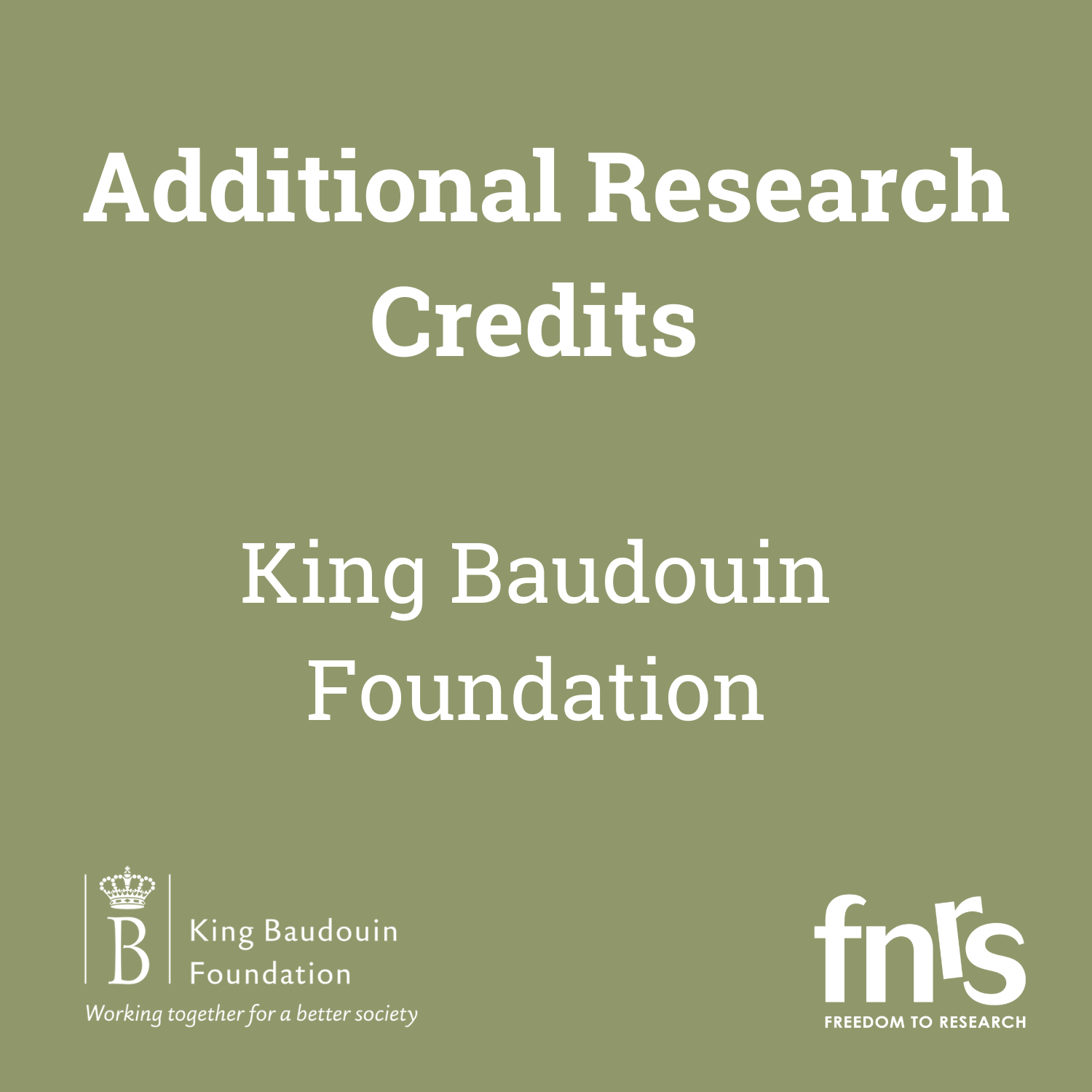FWB - Québec collaborative research program: a 4th call is open!
Following the success of the first three editions in 2016, 2018 and 2021, the Fédération Wallonie-Bruxelles and Québec are relaunching their collaborative research program. A 4th call for proposals has been opened by the Fonds de la Recherche Scientifique (FNRS) and the Fonds de Recherche du Québec (FRQ).
The main aim of this program is to foster the advancement of research through cross-sectoral and international collaborations, to create a leverage effect for scientific excellence, and to encourage researchers from the Wallonia-Brussels Federation and Quebec to develop innovative joint research projects.
Schedule :
- Opening 1st stage: July 26, 2024
- Closing 1st stage: September 25, 2024
- Closing of the 2nd stage: February 18 2025
- Announcement of results: end of June-beginning of July 2025
- Start of funding: September 2025
Terms and conditions of the call :
- Rules for the 2025 call FR / EN
- PINT-BILAT-P regulations
- Submission of applications by the promoter of the Walloon Federation-Brussels on the e-space platform.
Budget :
The F.R.S.-FNRS and the FRQ should fund 6 joint research projects in the upcoming call.
Amount of the grant :
F.R.S.-FNRS: up to a maximum of € 82,500 per year over 3 years
FRQ: up to a maximum of $CA 100,000 per year over 3 years
More information :
This email address is being protected from spambots. You need JavaScript enabled to view it.
Conseillère Scientifique Sénior
F.R.S.-FNRS
0032 2 504 93 51
This email address is being protected from spambots. You need JavaScript enabled to view it.
Responsable de programmes
Fonds de recherche du Québec - secteur Santé
514-873-2114 poste 436







